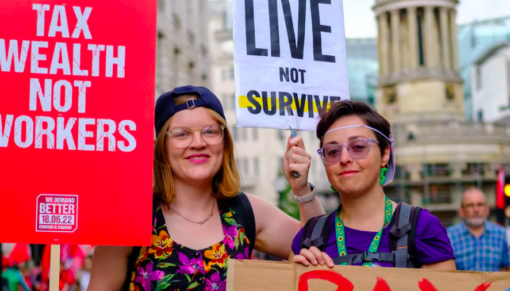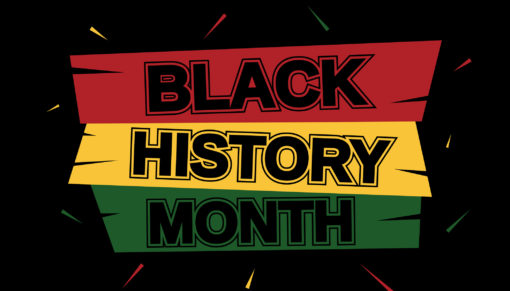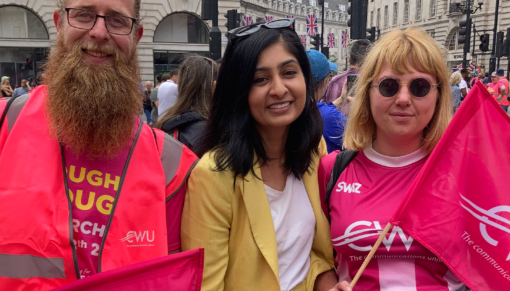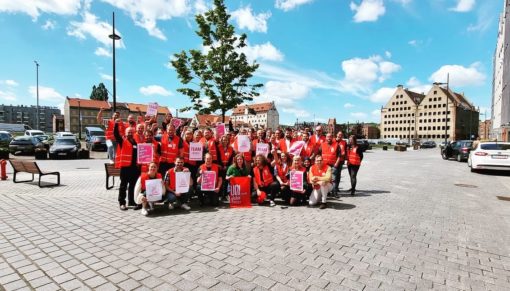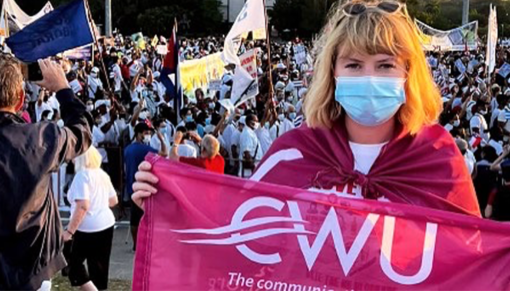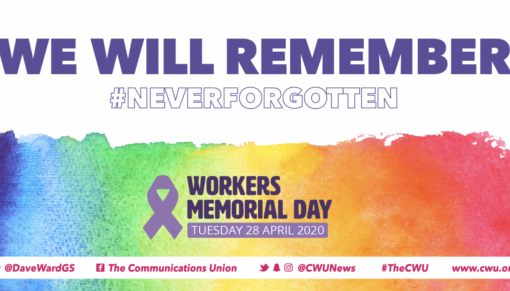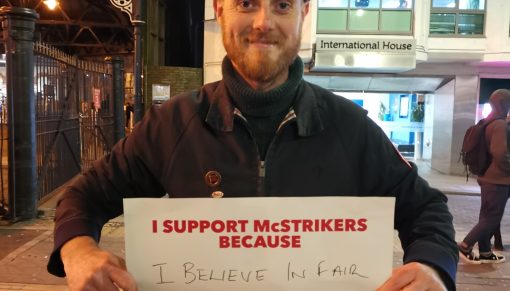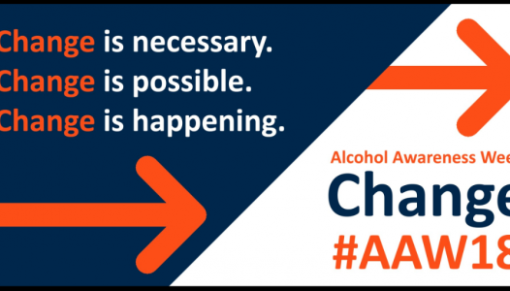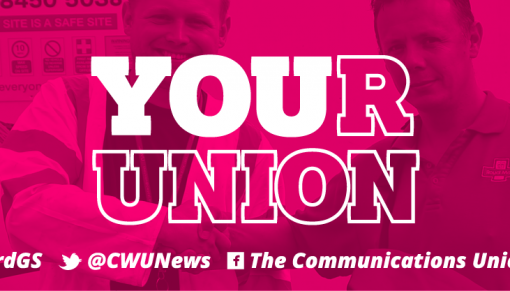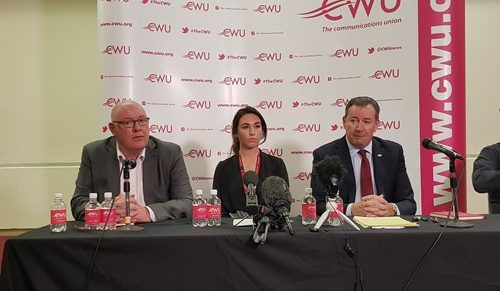The real impact of Conservative cuts – One carers story
October 15 2015“Around 1 in 15 of the CWU’s young members will be a carer. All too often the reality of this role is under-reported or misunderstood. But it affects literally millions of people in the UK. National Officer Simon Sapper has been in correspondence with former CWU NEC member Dave Warren, himself a carer, to get a first hand view of the challenges – and how things could be better.”
In the last ten years, the number of carers in the UK has increased by 11%. That means the 6% of 18 to 34 years olds who were identified as “carers” by the 2001 census will have increased to over 6.5%, or close to 1 in 15 amongst people who are carers, but a sample conducted by the NHS in 2009/10 found 1 in 6 carers were aged 16 to 34.
So what happens about social services, the support for those being cared for, and the support for carers themselves matters directly to our young members as they – you – find yourselves with an increased chance of being the primary care for (often but certainly not exclusively) older family members.
In the debate on changes to high-level change to the benefits system earlier this year, David Miliband memorably described the proposals as “rancid”. And we all see the unfairness and brutality of the worse-off in society bearing the brunt of a public spending crisis arguably caused by the wealthiest.
But in practical terms what does the world look like from a carer’s perspective? Many people reading this will know from their own direct experience, but cwuyouth asked former CWU NEC member Dave Warren to share his experiences as a full time carer. If you are not angry now, expect to be by the end of his story.
Dave says:
“I am now entering my fourth year as a carer and it is a bit like groundhog day.The ‘system’ was obviously set up as it is many years ago to produce big profits for private care companies with the councils almost totally dependent on these bodies who simply don’t deliver.
Since August we have had an increased care package because D [the person Dave cares for] was admitted to hospital with stomach pains which it turned out were the result of her heart condition.
This care package like all the previous ones we have had fails regularly because the home care firm who are due to deliver it fail by getting to us very late or on occasionsdon’t turn up at all.
They are due here four times a day now so we spend a lot of our waking hours waiting and phoning the company to find out what is going on.
I have started to do some work with Unison HQ on this because it is clear that the reason for the failures is that the companies simply give the workers schedules that can’t be done in the times they are given.I have raised it directly with the council as well and even made a complaint but they haven’t done anything to correct the problems.
There latest proposal was that we try nursing care which again proved difficult to arrange because its a private company that has to provide the place.The initial offer was to try it for a week which has turned out to be this week.
Sadly it hasn’t gone to well D hasn’t been given anything like the level of care that is acceptable and the place which isowned by BUPA is being run like the home care i.e. maximise the profits minimise the care given.
So we nowfacea real problem prior to our meeting with the social worker on 3rd January of what to do next.The choice appears to be between a home careor nursing home solution,neither of which works.I am wracking my brains to seeif there is anything else that we can try which I haven’t tried yet.
Anyway I will battle on as I have for the past few years largely coping alone. Fortunately, I am generally healthy but I don’t know what would happen if I wasn’t.
In Dave’s view, the solution to the social care crisis is similar to theone thethe union hastalked aboutin thepostal industry where Dave Ward has talked of avoiding a race to the bottom.
He says: “That ‘race’ finished a while ago in the care sector so all the private companies who bid for council contracts engage their workers on very poor pay and working conditions. In my view the Unison campaign and the wider one around a living wage are crucial ingetting improvements.
Again like our industries inpostal andtelecoms care workers need fair workloads.All the ones that have come to us have the same problems i.e. insufficient or no travelling time, no time for meal breaks and additional calls added during the working day to cover sickness of colleagues.
This leads to a situation where care packages are not delivered which in turn leads to unpaid carers like me being very tied tothe person we look after or worse the person being left on their own for long periods.When the care workers do arrive they areoften in ahurry to get done and finished because of the pressure they are under.Councils could tackle some of this by beefing up the contracts they have with private care companies and imposing financial penalties for failure.
My local authority has contracts with eighteen care companies and the Head of Adult social care stated at a recent scrutiny committee that I attended that she is not happy with any of them! Unfortunately there appears to be no plan for dealing with this.”
Dave also describes how he has inevitably had to fill in the gaps in in social care, leading to feelings of being isolated and have skills that are not and can not be used.
He says: “When the new home care package was introduced in August of last year it was sold to me as a solution that would mean I could stand backa bit because home care workers would come in four times a day.The other thing we were asked to try was the nursing home. Neither has worked out very well so we are left more or less as we have been for the past three years or somainly managing by ourselves.
Any plans I might have had forrejoining the outside world even on a part time basis have floundered.I just keep seeing more evidence of our broken ‘care’ system which I highlight as much as I can in my self-appointed role as a campaigner for carers’ rights.”
Even though this is an issue which impacts upon young (and indeed all) CWU members, Carers do not have a particularly high profile in our union. Perhaps that is something we need to think about changing.
If you want to find out more about these issues, or you are a carer looking for support, the following links may be helpful:



